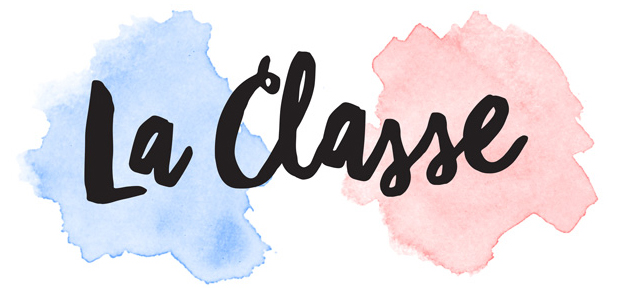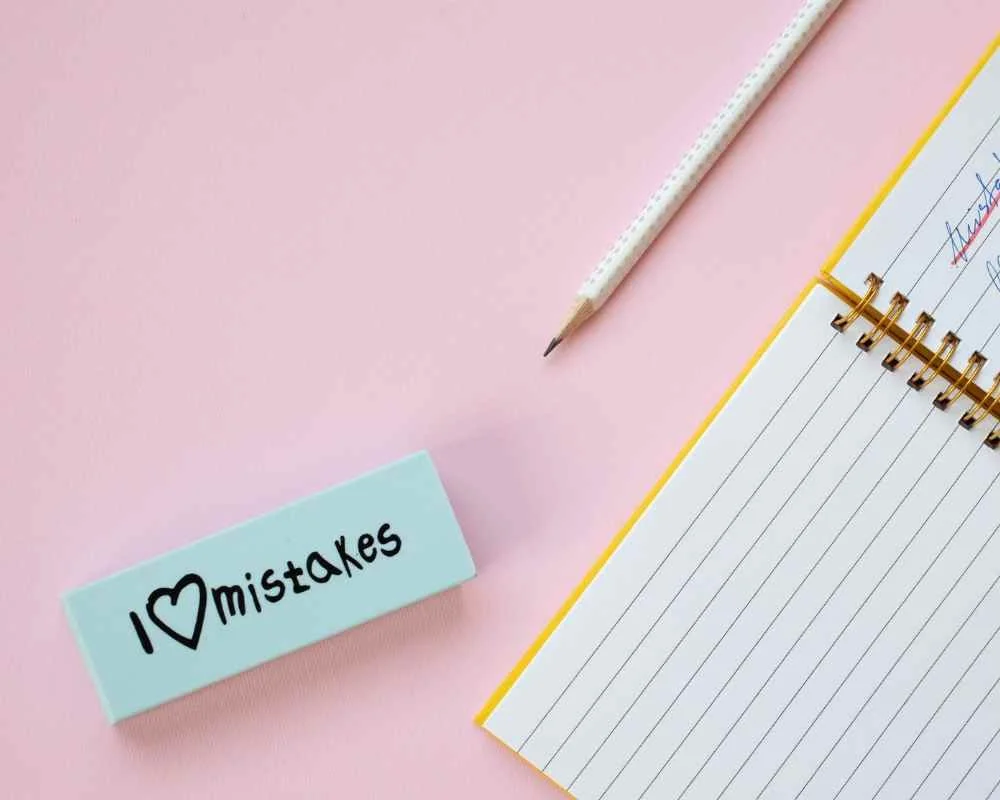With the advancements in technology, numerous language learning platforms have emerged to cater to the growing demand for learning languages. One such platform is Duolingo, a widely recognised language learning app known for its accessibility and gamified approach to language acquisition. In this article, we will explore the pros and cons of using Duolingo to learn French, shedding light on its effectiveness as a learning tool for beginners and discussing its limitations when used as a standalone resource.
Benefits of Duolingo
Good for Starting French: Gamification Elements
One of the primary reasons why Duolingo is often recommended for beginners is its engaging and gamified interface. The app incorporates elements of gaming, making the learning process enjoyable and motivating for users. Through earning points, levelling up, and completing challenges, students studying French on Duolingo are encouraged to stay committed to their language learning journey. This approach can be particularly effective for individuals who struggle with motivation when faced with traditional language learning methods.
Structured Curriculum
Duolingo offers a well-structured curriculum for learning French. It starts with basic vocabulary and gradually progresses to more complex grammatical concepts and sentence structures. The step-by-step approach ensures that learners build a solid foundation in the language, which is crucial for further advancement in their studies. The app's structured curriculum provides clear guidance on what to learn next, making it ideal for beginners who may feel overwhelmed by the vastness of the French language.
Short and Digestible Lessons
Duolingo's lessons are designed to be short and easily digestible. This format is beneficial for individuals with busy schedules or those who prefer shorter study sessions. The convenience of being able to learn French in bite-sized portions allows learners to incorporate language practice into their daily routines without feeling burdened. This flexibility is especially valuable for students who are balancing language learning with other commitments.
Limitations of Duolingo
Limited Speaking and Listening Activities
While Duolingo offers various interactive exercises, it falls short in providing sufficient opportunities for practising speaking and listening skills in French. Language fluency involves not only reading and writing but also being able to comprehend spoken language and communicate effectively through speech. Without ample speaking and listening activities, students may find it challenging to develop conversational skills, which are vital for real-life French communication
Insufficient Grammar Explanations
Another limitation of Duolingo as a standalone resource for learning French is its somewhat insufficient grammar explanations. While the app introduces grammar concepts, the explanations can be concise and lacking in depth. Comprehensive understanding of French grammar is crucial for constructing meaningful sentences and grasping the nuances of the language. Relying solely on Duolingo may leave learners with unanswered questions and hinder their progress in mastering the language.
No Cultural Insights
Learning a language is not just about memorising vocabulary and grammar rules; it also involves understanding the culture and context in which the language is spoken. Unfortunately, Duolingo falls short in providing cultural insights related to French-speaking countries. Language and culture are intertwined, and a deeper understanding of French culture can enhance the learning experience and contribute to more meaningful and authentic French conversations.
The Importance of a French Teacher
While Duolingo can be a valuable tool for beginning students of French, it is essential to recognise its limitations. To overcome these limitations and truly excel in learning French, the guidance of a qualified French teacher is invaluable. A teacher can provide personalised feedback, address specific language difficulties, and offer tailor-made exercises to improve the individual's areas of weakness. Moreover, having a human instructor facilitates regular French conversation practice, which is essential for gaining confidence and fluency in speaking.
Supplementing Duolingo with Other Resources
To optimise the learning process, students studying French with Duolingo should consider supplementing their language learning with other resources. This could include engaging in conversation exchange programs with native French speakers, using additional language apps, reading French literature, or watching French movies and TV shows. By diversifying their learning materials, students can broaden their understanding of the language, enhance their listening skills, and deepen their cultural knowledge.
Conclusion
Duolingo can indeed be an effective starting point for learning French, especially for beginners. However, it is essential to acknowledge the app's limitations. To truly excel in learning French, students should complement Duolingo with the guidance of a French teacher, who can provide personalised instruction, foster meaningful French conversation, and help students navigate the intricacies of the language.




